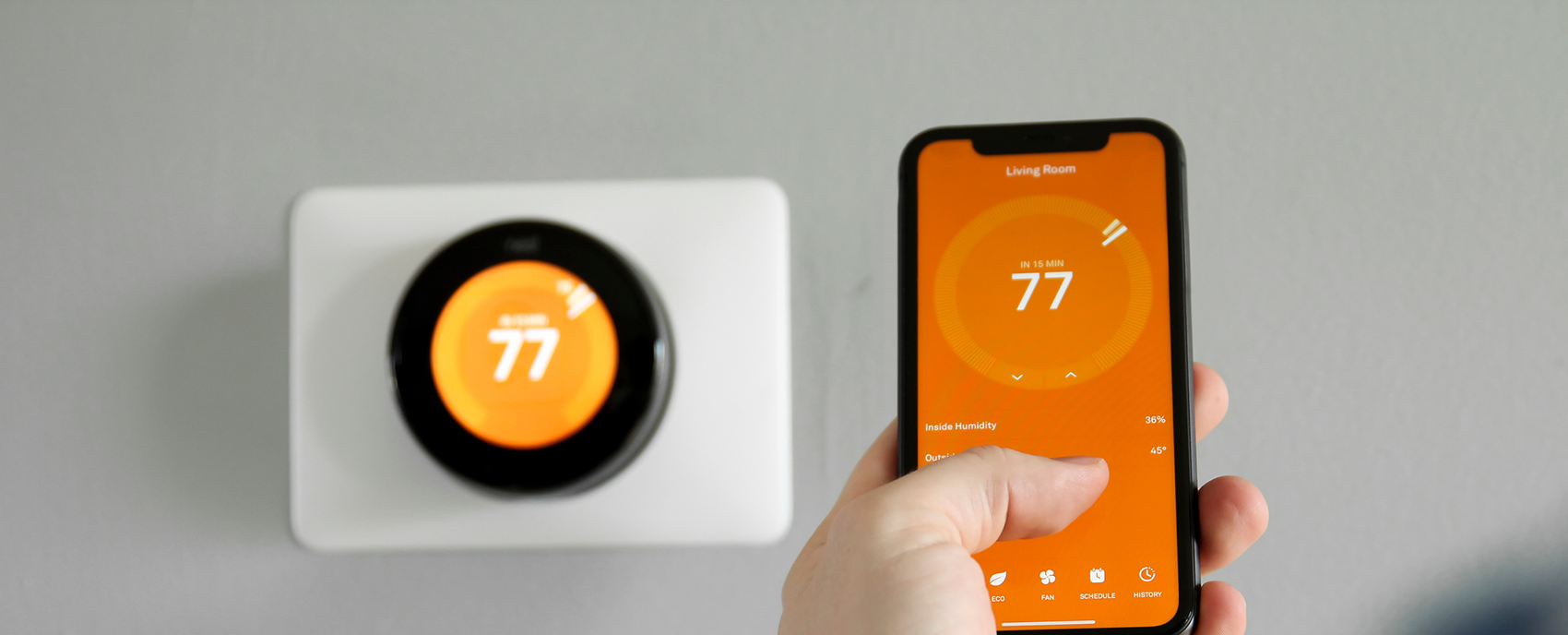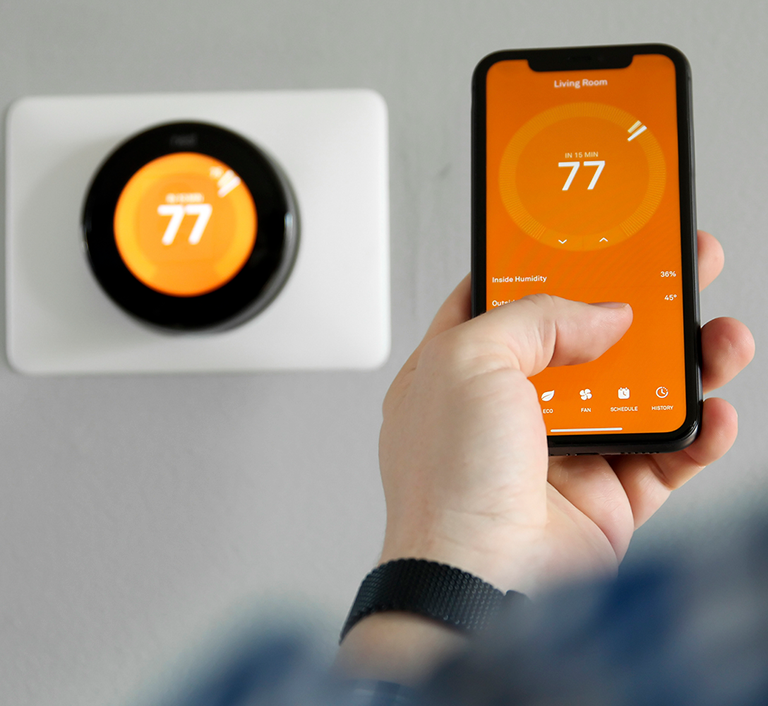

Are Smart Thermostats Worth It?
Balancing home comfort and energy costs is essential—particularly if you rely on heating oil. One way homeowners are saving on energy bills is by upgrading to a smart thermostat. But does the potential for lower heating costs and convenience justify the upfront expense? Let’s take a closer look.
What Is a Smart Thermostat?
A smart thermostat automatically adjusts your home’s temperature settings based on your preferences and daily routines. Unlike traditional thermostats, these devices use Wi-Fi connectivity and learning algorithms to optimize heating and cooling, potentially lowering your overall heating oil and electric usage.
Key Features of a Smart Thermostat
- Wi-Fi Connectivity: Adjust your home’s temperature from anywhere using an app on your smartphone.
- Learning Algorithms: AI-powered thermostats learn your routine and tweak settings automatically.
- Energy Monitoring: Track real-time energy usage and get tips for saving money.
- Smart Home Integration: Control the thermostat with voice commands via Amazon Alexa, Google Assistant, or Apple HomeKit.
Benefits of Smart Thermostats
1. Save Money
By intelligently lowering or raising the temperature when you’re away or asleep, a smart thermostat can cut heating and cooling bills by 10–15%. This efficient temperature control is particularly beneficial if your home relies on heating oil, which can fluctuate in price. Over time, those automatic adjustments can significantly lower your household energy spending.
2. Convenience and Remote Access
If you’re heading home earlier than expected, open the thermostat’s mobile app to warm the house before you arrive. No more need to run the heat all day just to avoid coming back to a chilly space.
3. Complete Automation with Smart Home Integration
For those who enjoy hands-free control, connect your smart thermostat to a voice assistant. You can even create “routines” that turn down the heat at specific times or in response to other triggers, like leaving the house.
4. It Learns Your Habits
A smart thermostat gradually understands your ideal temperature settings—such as lowering the heat before bedtime—and starts doing it automatically. This level of fine-tuned comfort can help ensure you’re not wasting heating oil when you don’t need it.
5. Environmental Impact
Energy efficiency isn’t just about saving money—it’s also about reducing carbon footprints. By monitoring and adjusting energy use in real-time, you’ll help conserve resources and reduce emissions.
Cost Considerations
Upfront Costs
Smart thermostats cost more than basic programmable models—anywhere from $100 to $300, compared to $50 to $100 for a simple thermostat. However, many homeowners make up the difference through monthly energy savings.
Installation
You can install many smart thermostats yourself with a little know-how. But if your HVAC system (especially older heating systems) lacks a “C-wire” or has other compatibility issues, you may need professional installation. That can add around $100—or more—to your overall expense.
Despite these costs, the return on investment often appears within two years as you trim down your energy bills.
Potential Pitfalls
Before making the switch, keep these factors in mind:
Compatibility Issues
Older HVAC systems may not mesh well with all smart thermostats. Check the product specs or consult a professional to avoid headaches later.Privacy and Security
Internet-connected devices come with risks. Keep your home network secure and enable all recommended security features—like firmware updates and strong passwords.Learning Curve
If you find new tech frustrating, you might prefer a simpler programmable thermostat. Ask for a demo if you’re unsure.
Is a Smart Thermostat Right for You?
Smart thermostats are an excellent choice for:
- Homeowners who rely on heating oil and want to reduce consumption.
- Tech-savvy individuals who feel comfortable using apps and automation.
- Anyone seeking detailed insights into their energy usage.
On the other hand, if you have an older HVAC system, an unpredictable schedule, or limited interest in tech gadgets, a simpler approach (like a basic programmable thermostat) might make more sense.
Final Thoughts
So, are smart thermostats worth it? For many homeowners, yes. They offer long-term energy savings, enhanced convenience, and eco-friendly benefits. Still, it’s wise to weigh the upfront costs, any potential compatibility or privacy issues, and how comfortable you are with technology. Take your time to decide what’s best for your home—and your budget.
Have Questions?
Contact us and we will be happy to answer any questions. Call 215.799.2019 or click the button below.
Promotions Sign Up
Sign up below if you would like to receive occasional promotional offers and tips.







